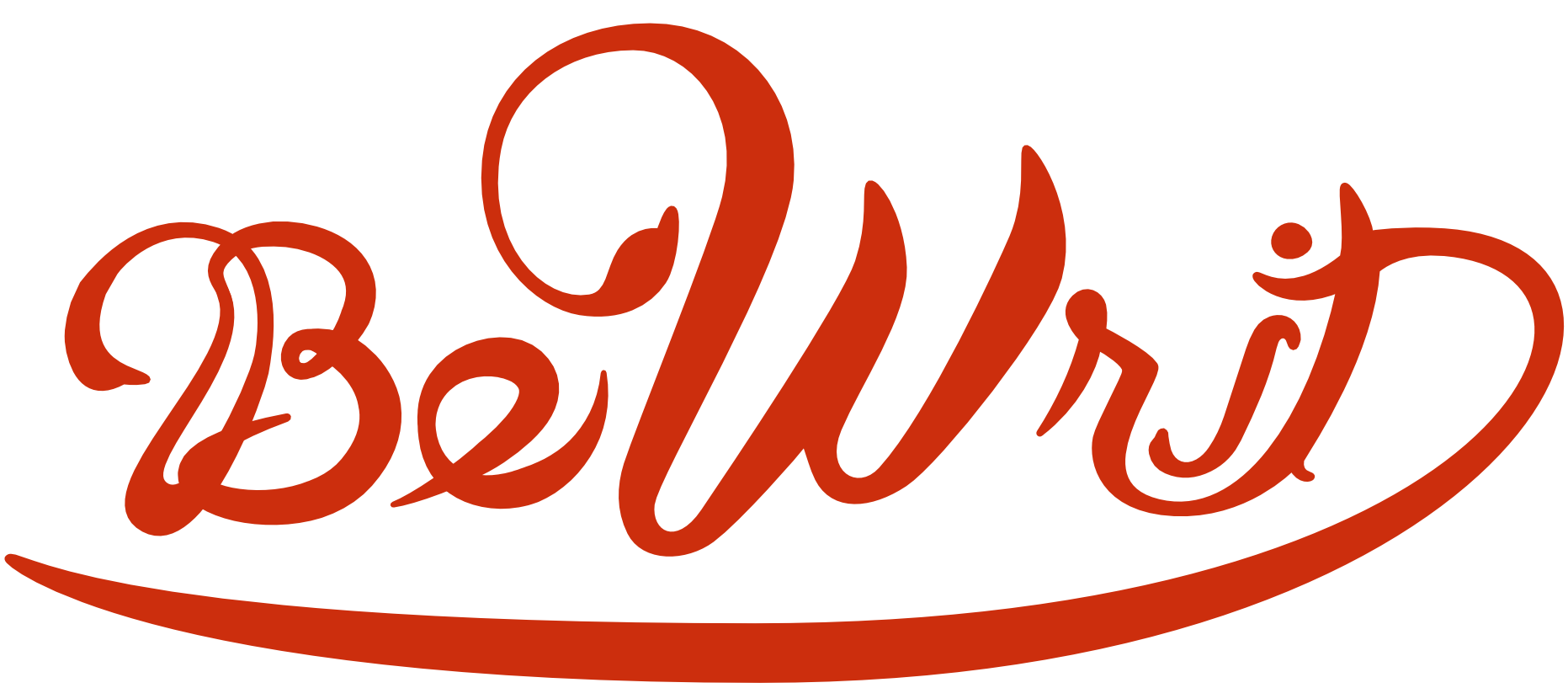
Why You Shouldn’t Always Listen To Freelancing Advice
I'll be honest. When I started freelancing about a year ago, I didn't have a clue what I was doing.
Like many first time freelancers, I wasn't sure how to attract clients and make enough money to pay the bills. I didn't have an abundance of funds saved in preparation and I definitely didn't know the first thing about freelancing.
Ultimately, I wasn't sure how to turn a dream of working for myself a reality. So when I decided to make my dream come true, all I knew was that I really just wanted to help people. The how didn't really seem to matter as long as I was writing.
Research quickly took over my life.
I searched for everything I needed to know to get started as a freelance writer (a process that never really ends). I read countless blogs and articles, tips from pro freelancers that have been in the game for a while, and even webinars about marketing techniques, gaining traffic and hundreds of thousands of viewers, and scientifically forming the perfect headline.
But the learning didn't stop there.
I read about conquering my writing fears, enhancing creativity and positive energy, and most importantly, discovering why writing matters to me and my readers.
I asked myself some hard questions, like how can I use my thoughts and ideas to reach, inspire, and help others in their lives? What can I say that others will find valuable? Where's my place in all this, and how will I make the big bucks?
Common Freelance Tip #1: Find Your Niche
During my research phase, I noticed that just about every successful freelancer suggests you find a niche to focus on.
Many freelancers coach finding one area to specialize in and focus all your marketing efforts on, making yourself a go-to, valuable source in a specific industry.
It makes perfect sense, right?
So I quit my job, began freelancing full-time, and set out to find my path. I read everything from finding your niche to the secrets of knowing yourself. But what I found actually surprised me.
The Problem With Freelancing Advice
On the internet, readers are responsible for making sure the source is credible. In other words, anyone can offer advice.
So what makes a writer credible? Their writing, the facts they cite, and their advice obviously play an important role, but what really matters is whether or not their advice is actionable, helpful, and accurate. It needs to speak to the readers on a personal level.
Throughout researching what it takes to become a successful freelancer, I found that there are tons of articles out there written by beginners that just don't work out. Unfortunately, the advice they have to offer is usually about making quick and easy money, not beginning a business.
References to content mills like Fiverr and Upwork are everywhere, and while you might be able to make some cash, these sites do not set you up for success. Why? Because you wind up spending so much time attracting customers that will pay you pennies for your hard work. Then you burn out, not only because you must push out multiple articles each day, but because you also will begin to put less effort into your writing, hindering your creative growth.
Why? Because you wind up spending so much time attracting customers that will pay you pennies for your hard work. Then you burn out, not only because you must push out multiple articles each day, but because you also will begin to put less effort into your writing, hindering your creative growth.
The Problem With Niches
What's the first thought that popped into your head when trying to determine your niche? Did you wonder what one thing you could focus on when there are so many awesome options out there?
It turns out that I don't just have one niche, I have quite a few of them. Luckily, my background in journalism and editorial writing is a skill set I have honed throughout time, growing and shaping as I've learned.
Combine these skills with a mind that looks at the world from multiple points of view, and you've got a writer that can focus on marketing and business aspects as well. News, entertainment, marketing, and
News, entertainment, marketing, and boss lady all jam packed into one tiny little writer (I'm only 5-feet-tall, by the way).
You see, I don't believe in narrowing down your skills and focusing on only using one of them. And why would I when I have an entire arsenal of writing styles at my disposal?
I can write news, editorials, lifestyle blogs, B2B, B2C, and all the rest of the alphabet. I can adjust my tone and style depending on the topic. And I can talk about the things I enjoy at the same time.
Plus, I have an insane amount of strange facts about the English language floating around my head, and I absolutely hate grammatical mistakes. (Seriously, if I even see more than three typos in an article I'm reading, I don't finish reading unless it's insanely good).
Why not put these skills to use as well?
Better yet, why would you not take advantage of all the skills you're given, especially when they all relate?
But Don't You Want To Be A Serious Writer?
Many of the pros claim you must find a niche to be taken seriously in this business.
I'm not a generalist writer, which all the experts claim is the problem with having more than one niche. I can't and won't write about anything (which is also another problem with bidding sites like Fiverr).
However, I'm great at writing helpful articles. That's what I care about, why I got into this business, and why I'm here today.
Every day I strive to use my skill set to help others (and pay the bills, of course).
Essentially, I'm a specialist in figuring out how I can write connectable articles that make someone's entire day a little brighter, or at the very least, make them smile.
I care, maybe a little too much sometimes.
The trick is to recognize your skills while ensuring you're not taking on too much.
List out three topics you would enjoy writing about the most, and go from there. Think about what matters the most to you. What is your writing goal? To make a difference? Speak out on important issues? Help others through daily life? Make people laugh?
For me, writing is a way of understanding the world around me. I write to learn and share my experience with others, perhaps helping them through another of life's daunting tasks.
My hope is to make life a little easier, positive, and fun, but that doesn't mean I don't speak out against injustices when spotted. Thus, life would be my 'niche'.
Don't Let Your Niche Hold You Back
Variety is key.
If you were a business owner on the market for a content writer that focuses on SEO, for example, you will find many freelancers specializing in the area. But you won't find a writer that you can use in many different aspects of your business because, while they know a lot about proper SEO tactics that deliver results, they don't focus on any other area as heavily.
Don't just take it from me. These real stories from professional writers show that you can use more than one skill set or niche and still be successful, maybe even more successful.
Now, this definitely doesn't mean you should write using too many different niches, though.
Find what you love, and write about it.
You don't want to post things about cooking, games, sports, TV, music, health and fitness, and relationships at the same time either.
Avoiding too many random topics will help keep your readers interested in your blog and reading your other posts, but not is they click to your site to read an article on politics and the next post is about knitting. Chances are your reader will lose interest.
Think about this: you may bring in a wide variety of readers, but they might not be interested in the other topics you talk about. Therefore, you can't convert them into a regular reader.
They'll read the article they're interested in and simply leave your site. You want them to stay.
On the other hand, you also don't want your niche to become too narrow. You want to consider who your audience is so you can write things they will enjoy, and narrowing it down too far will exclude a lot of readers.
With that in mind, the decision is ultimately yours to make.
I chose to continue with the niches I'm great at instead of choosing only one, and that's okay too. I think of it more as an overall theme: helping people through life.
Actually, I'm not the only freelancer to feel this way.
Diversifying clients by varying the topics you write will help you to pull from a larger pool of resources when it comes to finding new clients, gaining referrals, and most importantly: keep yourself from becoming utterly financially crushed if a client leaves -- for whatever reason.
The truth is, if I had followed in the footsteps of the freelance writers before me to preach selecting a specific niche, I'm not quite sure I would actually be launching my blog.
But here we are, and I'm here to stay.
Have you ever gotten some truly terrible advice? What do you think about finding your niche? Share your thoughts in the comments below.





